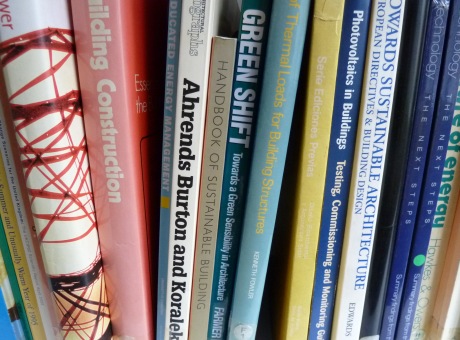What is Energy Transition? Implications for Developing Countries

6 June 2014
This paper deals with the energy transition concept and its current realisation in the context of developing countries. It will focus on the transition in the electricity sector where an acceleration of the number of measures to promote the use of clean sources of electricity is taking place in most countries. This paper deals with the issue of what are the societal implications for developing countries of orientations which find their origins in industrial countries. Is energy transition understood and implemented in the same way as in industrial countries? Is energy transition really at the top of the political agenda of policy-makers, knowing that low-income countries may have other priorities than the reduction of carbon emissions? Or is it just another buzzword imposed by international aid organisations, which like most fashion in the international aid arena will vanish after a while? The question of environmental justice is central as clean energy transition measures like feed-in tariff could reinforce inequalities by benefiting mainly to the middle class leaving aside the poorest who do not have access to modern energy services at all. What are the mechanisms of inclusiveness to prevent the marginalisation of the poorest, knowing that clean energy technologies can be more expensive than conventional ones? Can new clean technologies reach massively the poorest? This paper tries to understand what is at stake under the concept of energy transition in the context of societies where corruption and poor governance are widespread.
What is Energy Transition? Implications for Developing Countries. Presented at: 2nd Energy & Society Conference Krakow.
Lemaire, X.M.L. (2014)
The full text of this article is not available through UCL Discovery.
 Close
Close

